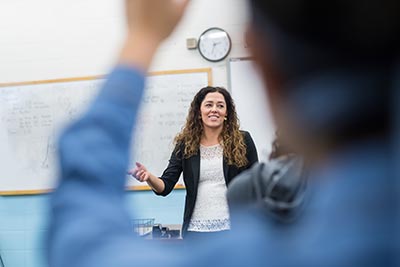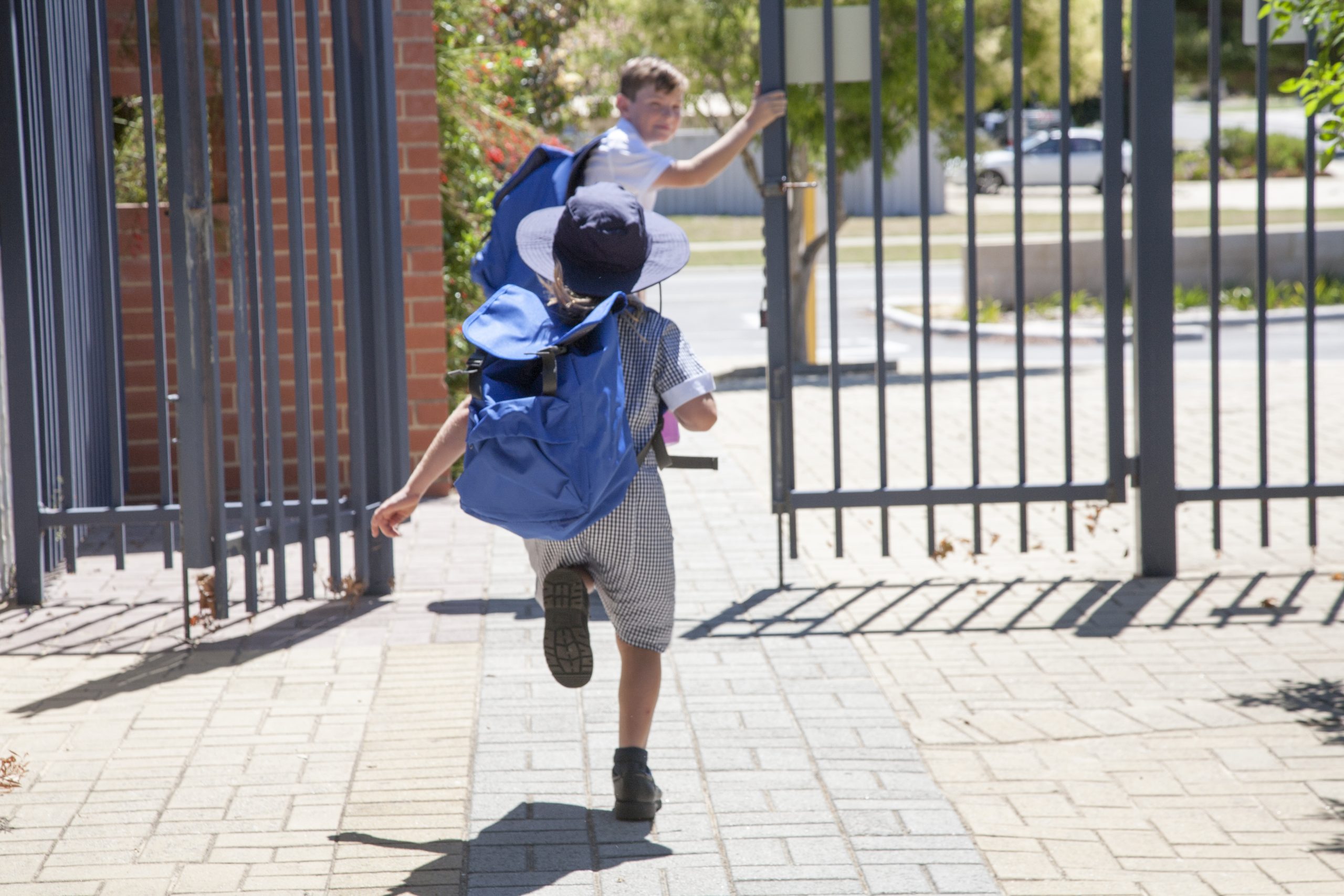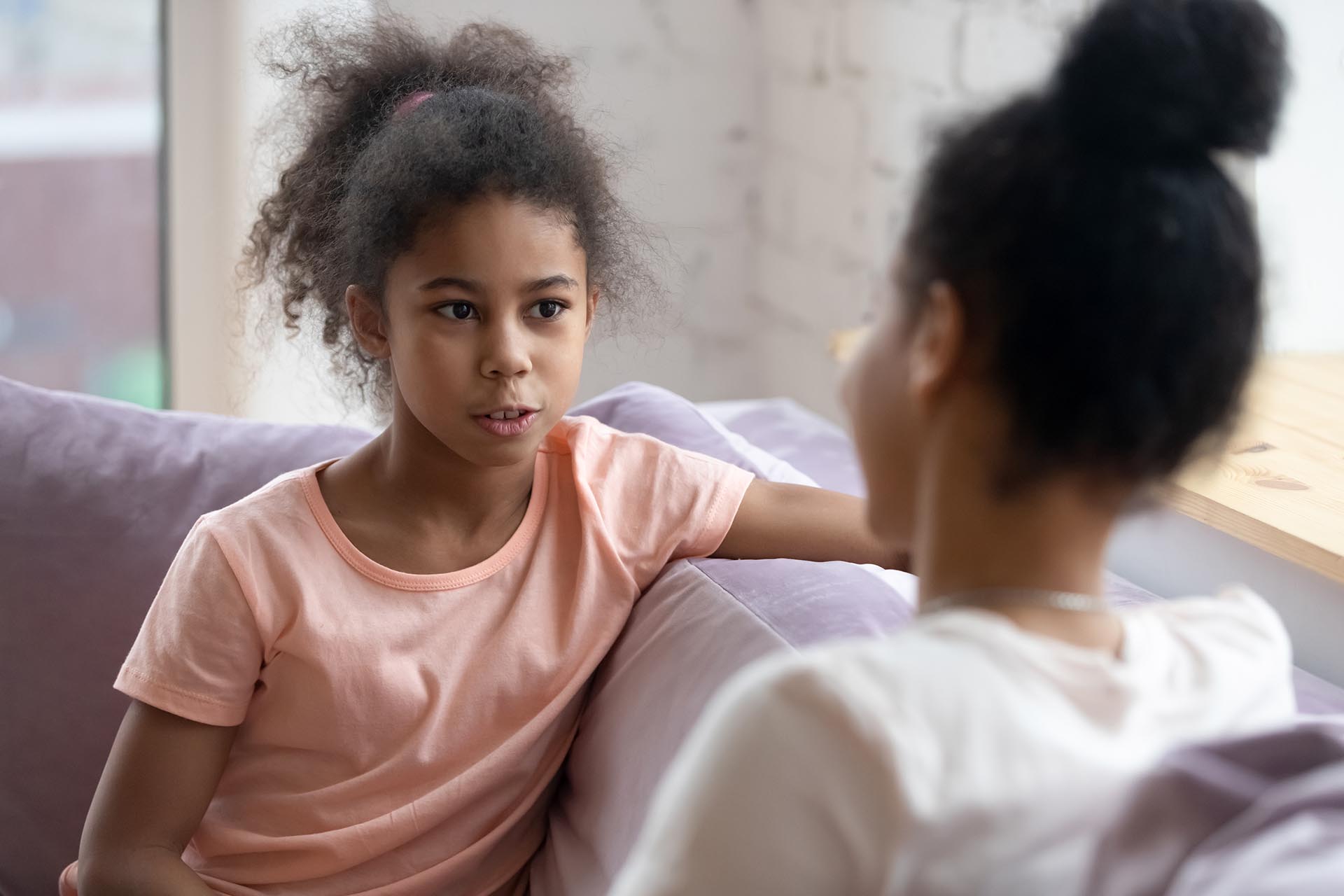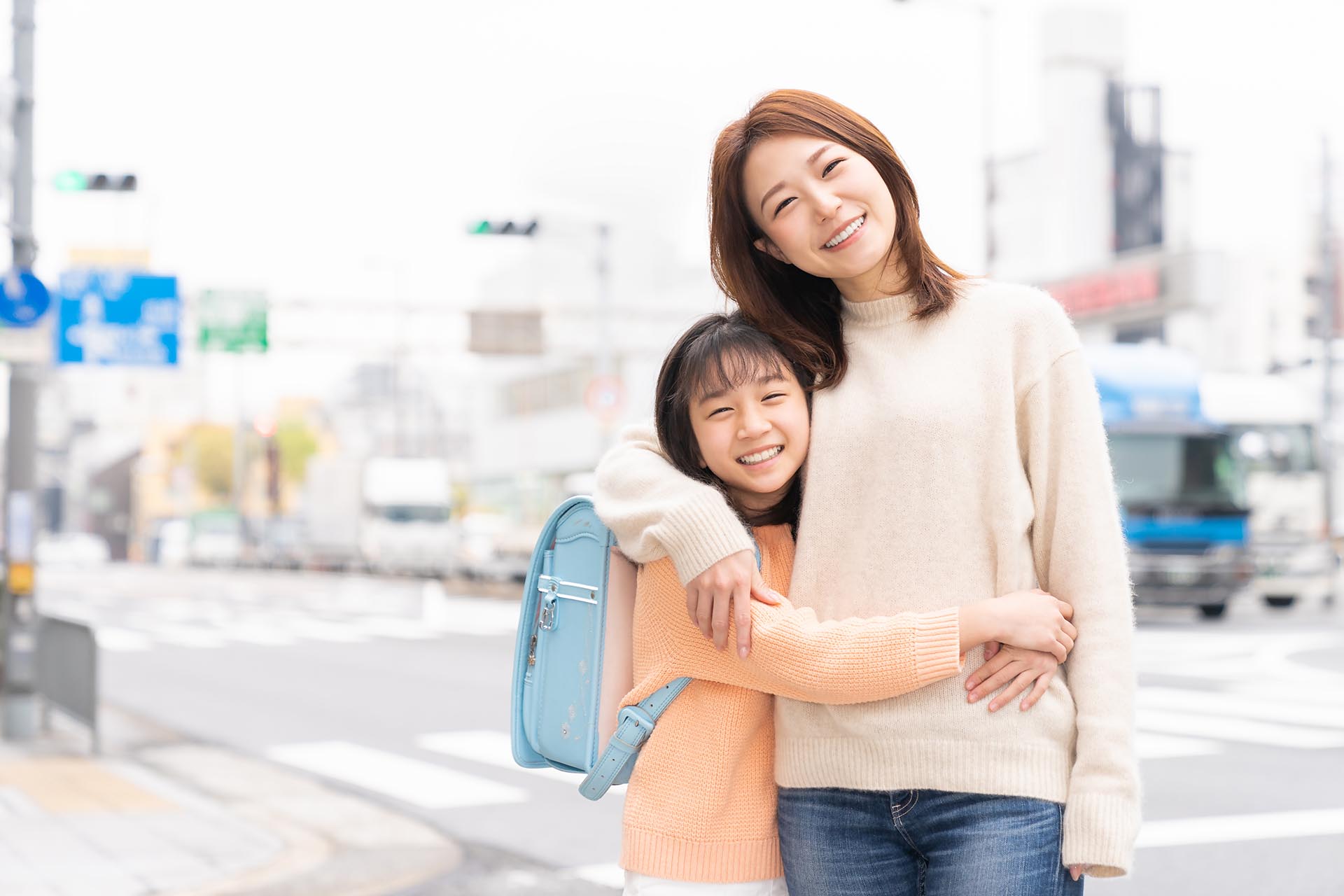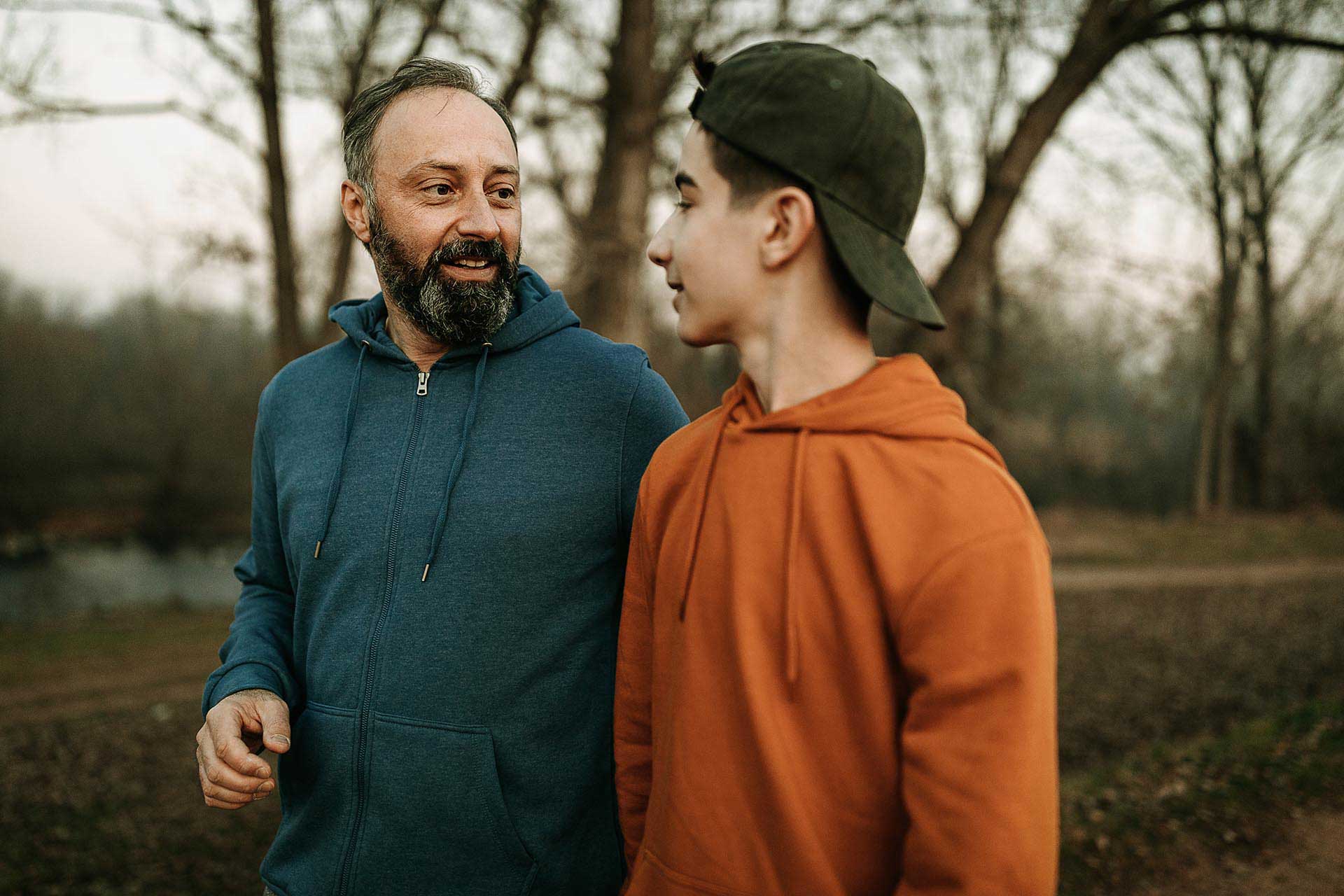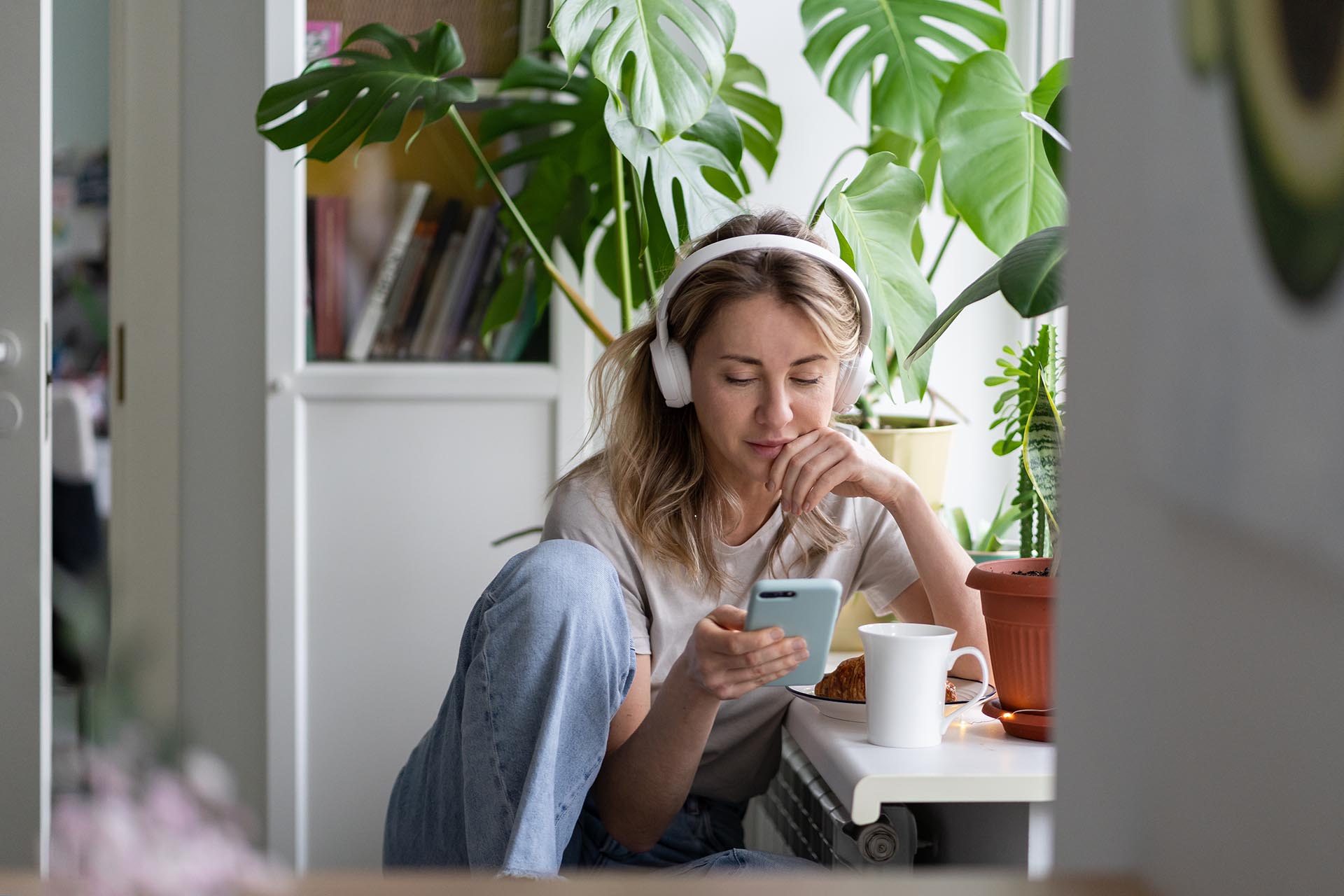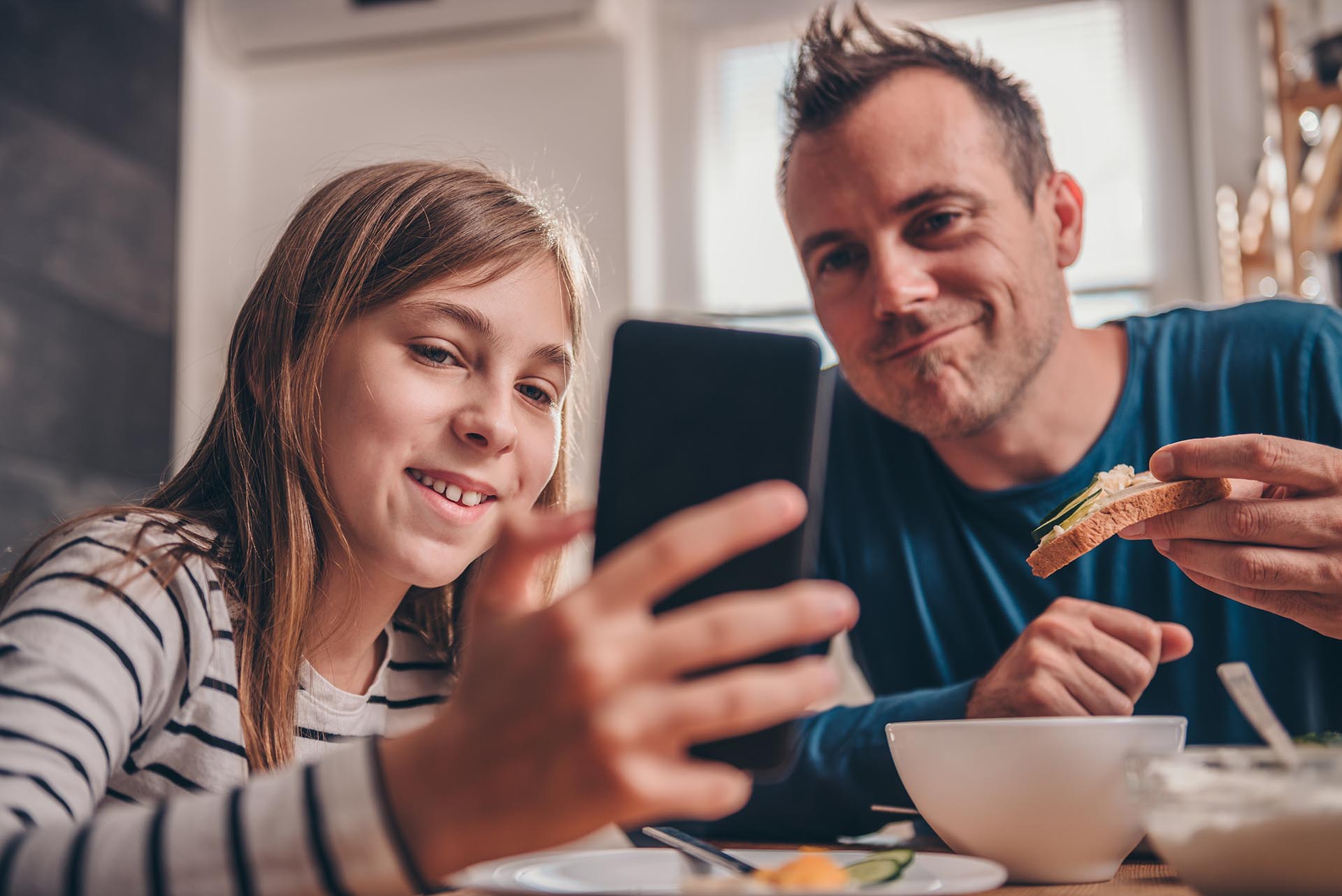It’s completely normal for a young person to be feeling a bit nervy about their period starting. And to be honest, we get it. They might’ve heard friends, parents, or older siblings complain about them and the idea of your body doing something it’s never done before roughly once a month is a big shift. But, like for most of us who have experienced periods – it quickly becomes a normal and manageable part of life.
We don’t want to make our children any more worried, but we also don’t want to invalidate their fears. Let them know it’s okay to be nervous, and it can seem like a big change, but it’s also a normal part of growing up that nearly half the population goes through. If we explain things in a calm and measured way, they’ll pick up on it and feel reassured. It might be a good time to go over what a period is, how it happens, and why (if you’re not sure what to say, using books can help). Start with a simple explanation and see how it lands. Add more information if they’re receptive and asking questions, but don’t say too much if they’re not ready. Reiterate that the positive thing about getting periods is that it means their body is working properly, and that one day they can have a baby of their own – if they decide to. If you’re a parent who’s had periods, share your experiences and feelings. Explain that periods last for 3-6 days about once a month, and even then, most of the time you forget it’s happening. They’re usually very manageable.
Often, it’s the talk about blood that worries them. They usually associate blood with pain because of the cuts and or grazes they’ve experienced over the years – and that pain is real. Explaining that what comes out of the body during a period looks like blood, and some of it is blood, but it’s also a mixture of tissue that forms the lining of the uterus if a woman is pregnant. It’s this lining that helps nourish a baby (if a baby is there). Also mention that a period in itself doesn’t hurt, but some women might have side effects like cramping, headaches, mood changes, tender breasts, and so on. Just give as much detail as you think they’re ready for.
If your child is worried about getting period stains on their clothes and other people seeing, let them know that this can happen but generally the amount that comes out doesn’t go all the way through to your pants or dress. Talk through what to do if it does happen, say at school for example. Let them know that no one else can tell they’re having their period. If they do get their period and they don’t have any pads or tampons with them, they can always use some toilet paper placed in their undies, and they can always ask another woman if they have any spare or talk to their teacher. They won’t be judged or laughed at for this, in fact for many women, periods become so commonplace, they can chat about them with ease. Your child is likely to feel like that one day too. This is also the perfect opportunity to talk about getting a ‘period kit’ prepared – just in case. They can choose a make-up bag or pencil case and put spare underwear, pads, wipes, and a snap lock bag for stained underwear, and keep this in their school bag. It normalises things and reassures them that they can manage if they don’t feel comfortable talking to a trusted adult at school.
